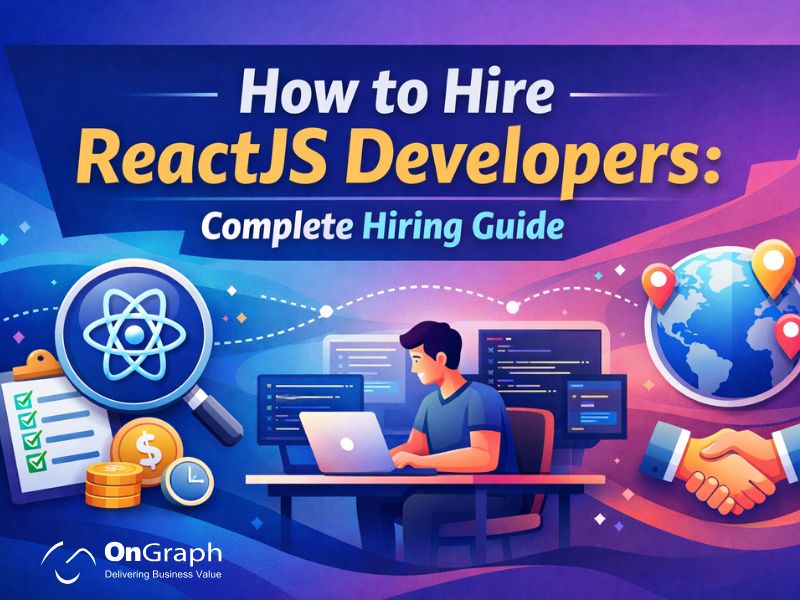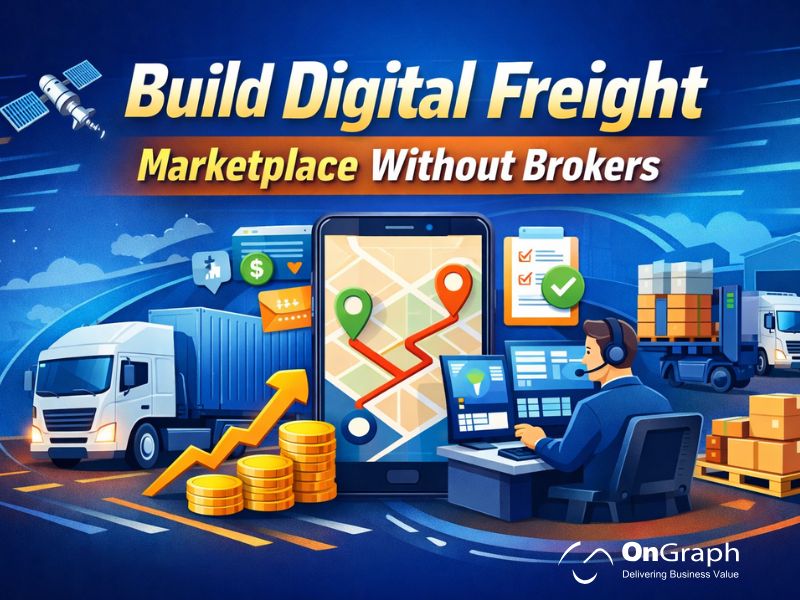In this article
- Market Stats: Why Invest in a Multi-Service Travel App?
- Core Features of a Multi-Service Travel App
- Tech Stack and API Integrations
- Case Study: From Taxi App to Full-Stack Travel App
- Travel App Development Cost
- Why Choose a Travel App Development Company?
- Monetization Opportunities
- Challenges & How to Overcome Them
- Future Enhancements
- Final Thoughts
In today’s digital-first travel economy, convenience is king. Whether it’s booking a cab, grabbing a last-minute flight, or reserving a seat on a bus — users expect one app to handle it all. If you’re a startup founder or a travel-tech entrepreneur, the ability to build a multi-service travel app that combines taxi booking, flight booking, and bus reservation features could be your gateway to disrupting the market.
In this blog, we’ll explore the key features, development roadmap, cost, and real-world examples of building an all-in-one travel app. We’ll also discuss integration challenges, APIs, and ways to stand out in a crowded market.
Market Stats: Why Invest in a Multi-Service Travel App?
- Global Travel App Market Size is projected to reach $1,223.2 billion by 2032, growing at a CAGR of 14.2% from 2023–2032 (Allied Market Research).
- The online bus ticketing market in India alone is expected to hit $3.6 billion by 2025.
- Apps like Uber, MakeMyTrip, and RedBus have seen a combined download rate of over 200 million+ installs, showing user preference for mobile-first solutions.
Clearly, there’s demand — and room — for a new generation of multi-service travel apps that simplify the journey from door to destination.
Core Features of a Multi-Service Travel App
When building an app that includes taxi, flight, and bus booking, the following modules are essential:
1. Taxi Booking App Features
- Real-time GPS-based cab tracking
- Multiple vehicle categories (Sedan, SUV, Auto)
- Fare estimation based on distance/time
- Ride scheduling and live ETA
- Cashless payments and wallet integration
- Driver & rider rating systems
2. Flight Booking Module
- Domestic and international flight search
- Filters by price, duration, layovers, airlines
- Seat selection, meal preferences
- Integration with GDS APIs (Amadeus, Sabre, Travelport)
- Real-time ticketing, e-boarding passes
- Flight cancellation, rescheduling, and refund flows
3. Bus Booking Module
- Route-based bus discovery
- Seat availability in real-time
- Ratings of bus operators
- Boarding and drop-off point selection
- QR-code based boarding pass generation
Tech Stack and API Integrations
Building a travel super app requires solid back-end engineering and integration with 3rd-party providers:
- Flight APIs: Amadeus, Skyscanner, Kiwi, Travelpayouts
- Bus APIs: RedBus, Bitla, AbhiBus
- Taxi Management: Custom dispatch algorithm or integrate with services like Uber APIs (for aggregation model)
For real-time tracking, GPS, and fare calculation, consider using:
- Firebase for push notifications
- Mapbox or Google Maps API for geolocation
- Stripe or Razorpay for multi-currency payments
Case Study: From Taxi App to Full-Stack Travel App
One mid-sized mobility startup initially launched with a taxi app in a Tier-2 city. After gaining traction, they expanded into intercity bus booking by integrating RedBus APIs. Later, they integrated flight booking using the Travelpayouts API.
By offering cross-service loyalty points and a unified wallet, their app’s average user session increased by 38%, and bookings per user grew by 62% in six months.
Travel App Development Cost
The travel app development cost depends on the number of services integrated, third-party APIs, and platforms (Android, iOS, or both). Here’s a ballpark:
| App Component | Estimated Cost (USD) |
| Taxi Booking Module | $5,000 – $8,000 |
| Flight Booking Integration | $7,000 – $12,000 |
| Bus Booking Integration | $5,000 – $9,000 |
| Admin Panel & CMS | $3,000 – $6,000 |
| UI/UX Design | $2,000 – $4,000 |
| Total (approx.) | $22,000 – $39,000 |
Recurring API charges for flight and bus data may range from $100 to $1,000/month, depending on usage.
Why Choose a Travel App Development Company?
Partnering with an experienced travel app development company ensures:
- API compliance and integration with top GDS providers
- Data security and encryption during transactions
- Future-proofing the app for expansion (e.g., hotel booking, visa assistance)
- Faster go-to-market with pre-built components
Monetization Opportunities
- Booking Commissions: Earn a % from each taxi/bus/flight booking
- Ads & Featured Listings: Promote specific operators or airlines
- Premium Subscriptions: Offer early check-ins, lounge access, or discounts
- Wallet & Cashback Offers: Partner with banks or fintechs for co-branded cards
Challenges & How to Overcome Them
| Challenge | Solution |
| API Rate Limits or Downtime | Choose scalable providers and include fallback options |
| Complex UI due to multiple flows | Keep flows modular; use bottom tab navigation |
| Regulatory Compliance | Follow aviation, mobility, and payment guidelines in regions |
Future Enhancements
Once the core is built, you can enhance the travel mobile app development further with:
- Hotel booking module
- In-app itinerary planner
- Loyalty points or travel credit system
- WhatsApp or chatbot-based support
Final Thoughts
To succeed in the highly competitive travel-tech space, focus on user experience, seamless integration, and scalability. If you want to build a multi-service travel app that users love, start by validating your core services (taxi, flight, bus), pick the right development partner, and invest in long-term product evolution.
FAQs
A multi-service travel app is a mobile application that allows users to book taxis, flights, and bus tickets within a single platform. Unlike single-service apps (e.g., Uber for taxis or MakeMyTrip for flights), it offers end-to-end travel solutions, saving users the hassle of switching between multiple apps. Users benefit from centralized payments, unified booking history, loyalty points, and a smoother travel planning experience.
The travel app development cost depends on several factors such as features, platform (Android/iOS), and third-party API integrations. Here’s a rough estimate:
-
Taxi Booking Module: $5,000–$8,000
-
Flight Booking Integration: $7,000–$12,000
-
Bus Booking Integration: $5,000–$9,000
-
Admin Panel & Dashboard: $3,000–$6,000
-
Design & Testing: $2,000–$4,000
Total: $22,000 to $39,000+
Note: Additional recurring costs may apply for using flight/bus APIs, cloud hosting, and payment gateways.
For flight booking, top APIs include:
-
Amadeus
-
Sabre
-
Travelpayouts
-
Kiwi API
For bus booking, commonly used APIs are:
-
RedBus API
-
Bitla
-
AbhiBus API
These APIs provide real-time data on seat availability, pricing, cancellations, and PNR status. You’ll need to sign up with these providers, undergo verification, and pay either monthly fees or per-transaction charges.
Yes. A custom-built multi-service travel app can be tailored to support:
-
Multiple currencies and languages
-
Region-specific regulations (e.g., GST for India, GDPR for Europe)
-
Local operators for flights and buses
-
Dynamic pricing and city-based fare rules for taxis
Working with a professional travel app development company ensures localization and compliance are built from the ground up.
The development timeline typically ranges from 12 to 24 weeks depending on complexity. Here’s a breakdown:
-
Taxi Module: 3–4 weeks
-
Bus Booking Module: 3–5 weeks
-
Flight Booking Module: 4–6 weeks
-
Admin Dashboard: 2–3 weeks
-
Testing & Deployment: 2–4 weeks
Parallel development, agile sprints, and reusable components can reduce the timeline significantly.
ou can generate revenue through multiple streams:
-
Commissions from flight, bus, and taxi bookings
-
Featured Listings or ads for travel partners
-
Subscription Plans for frequent travelers
-
Wallet/Cashback Integrations with banks or fintech partners
-
Affiliate Marketing (e.g., hotel booking upsells)
Integrating analytics tools helps track performance and optimize monetization strategies.
It depends on your goals:
-
White-label travel apps are quicker to deploy and lower in cost but offer limited customization and branding flexibility.
-
Custom-built travel apps offer long-term scalability, full ownership, and complete control over user experience, monetization, and future enhancements.
For serious businesses planning for growth, custom development is the recommended path.
About the Author
Let’s Create Something Great Together!
Latest Blog
















